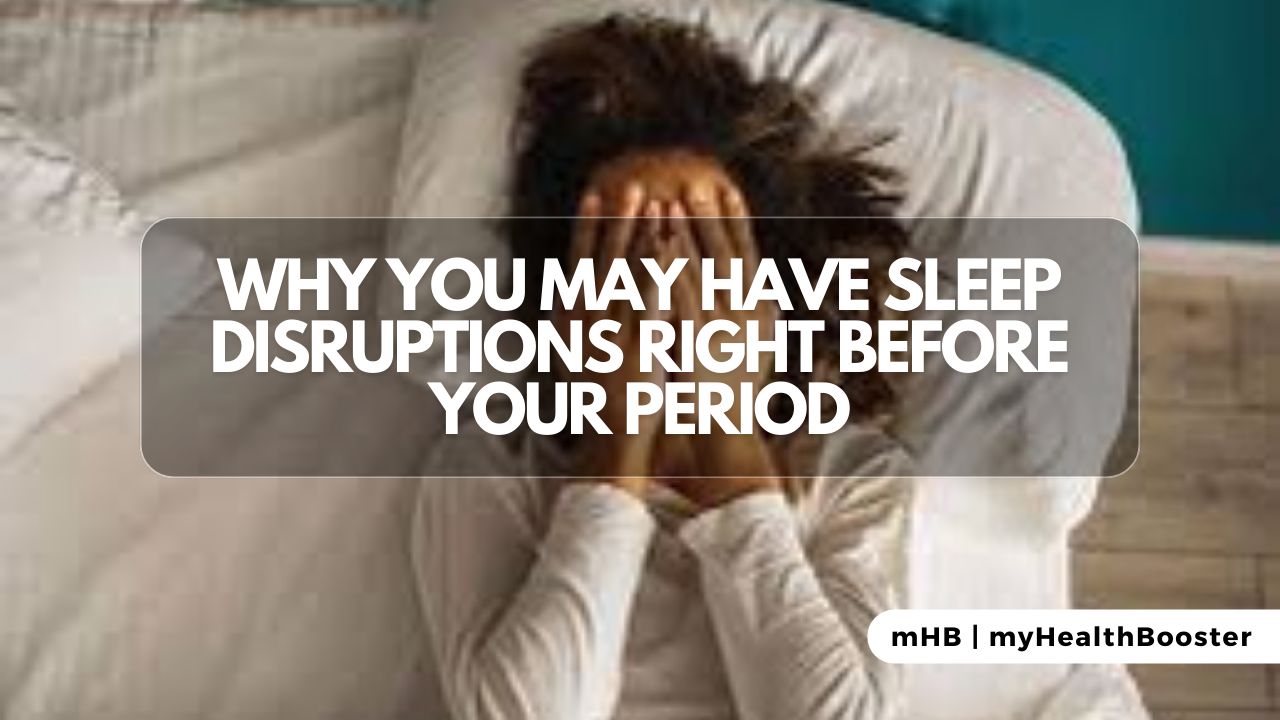A new study suggests that fluctuations in sleep and mood in women may be connected to their menstrual cycles. The study claims that changes in hormone levels days before menstruation can disrupt normal sleep. These sleep disruptions can lead to irritability and make it harder to feel happy, calm, or enthusiastic.
The study was conducted on 51 healthy women ranging in age from 18 to 35. They were instructed to wear sleep trackers and in the course of two menstrual cycles, complete daily diaries logging of their sleep and emotions were recorded.
The article, which was published in the Journal of Sleep Research, revealed that days before their periods started, participants experienced significantly more nighttime awakenings and spent less time in bed. Heightened feelings of anger and fewer positive emotions like happiness, calmness, and enthusiasm were also reported.
Jessica Meers; a clinical psychologist at Baylor College of Medicine in Houston, also hinted that the study findings wouldn’t come as a surprise to many women. According to her, some may even feel validated that their experiences have been documented scientifically.
Meers further revealed that, higher progesterone levels can produce subtle increases in body temperature that can disrupt sleep. She acknowledged that though these temperature changes may not be felt by women , it could be high enough to cause some sleep disruptions.
Also, when high temperatures combine with symptoms like menstrual pain and bloating, it goes on to cause changes in sleep which goes on to affect emotions and mood.
How to improve sleep and mood around your monthly cycle?
There is a lot women can do to help offset period sleep disruptions and mood changes and a perfect example is focusing on habits that support good sleep hygiene throughout the month and not just during the perimenstrual phase- the period before their cycles.
Laura Payne, PhD, an expert clinical physiologist advises that women’s sleep hygiene must include behaviors like setting a regular time to wake up and go to sleep every day — even on weekends — and making sure that time in bed is just for sleep and sex and not a place to lounge or work during waking hours.
She also prescribed that women cut back on caffeine and limit or avoid alcohol intake especially during their perimenstrual phase.“Alcohol use not only causes sleep disruption, but it also has a direct impact on estrogen, which can exacerbate changes in the already shifting hormones during this phase,” Payne says.
